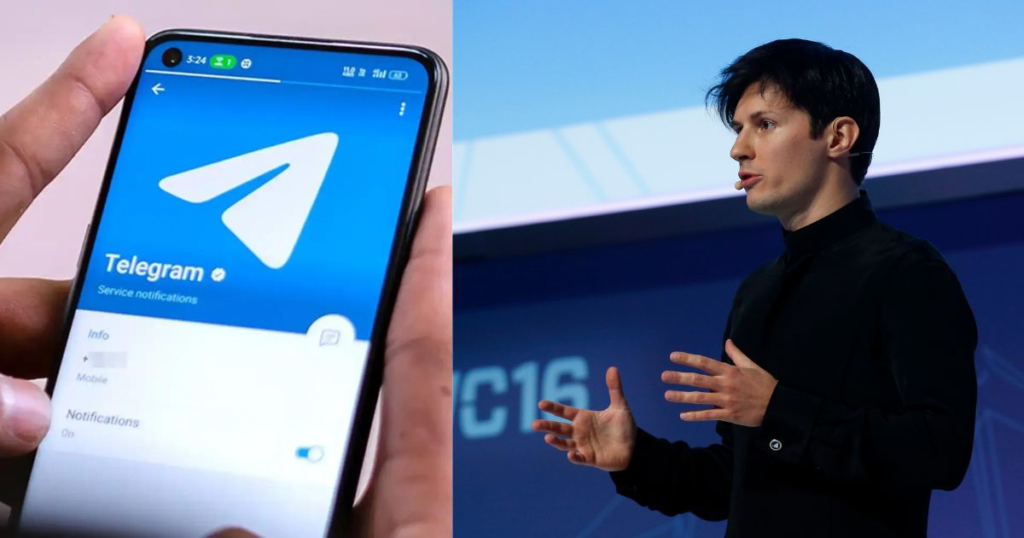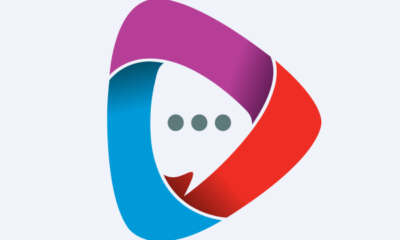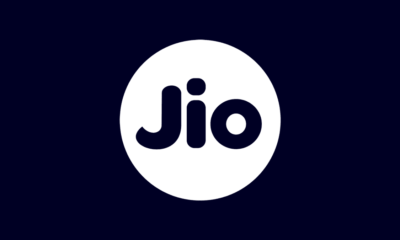tech
ChatGPT’s new voice model

OpenAI has once again pushed the boundaries of artificial intelligence by introducing an updated voice mode for ChatGPT, its most advanced AI chatbot. This feature is a significant leap from the robotic voices we’ve come to associate with digital assistants like Alexa or Siri. ChatGPT’s advanced voice mode delivers a remarkably lifelike and interactive experience. It responds in real time, handles interruptions seamlessly, giggles at jokes, and gauges a speaker’s emotional state based on tone. This advancement makes conversational AI feel truly sophisticated.
This week, OpenAI will begin rolling out the advanced voice mode to a select group of paid users. This rollout is part of a phased launch aimed at making the feature available to all subscribers of ChatGPT’s “Plus” mode by the fall. The introduction of this sophisticated voice interaction could transform ChatGPT from a text-based chatbot into a virtual personal assistant. It offers natural, spoken conversations much like you would have with a friend.
What Makes ChatGPT’s Advanced Voice Mode Unique?
The advanced voice mode sounds natural and engaging, making interactions feel more human and less like talking to a machine. This could increase user engagement, as people may find themselves more inclined to use ChatGPT for everyday tasks. The potential to challenge established virtual assistants like Apple’s Siri and Amazon’s Alexa is clear. ChatGPT offers a more dynamic and responsive conversational experience.
However, this advanced voice mode raises important questions. Will the AI reliably understand users with speech differences? And perhaps more critically, will users be more likely to trust an AI that sounds so human, even when it occasionally makes mistakes?

Safety and Ethical Considerations
OpenAI has taken steps to address potential safety and ethical concerns. The company delayed the rollout of the advanced voice mode by a month to ensure rigorous testing. During this time, the AI’s voice capabilities were trialed with over 100 testers from diverse linguistic and geographical backgrounds. This testing phase was crucial for identifying and addressing weaknesses in the system.
To further mitigate risks, OpenAI limited the voice mode to four pre-set voices created with voice actors. This helps avoid issues of impersonation. Additionally, the AI blocks certain requests that might generate copyrighted audio or other restricted content. These measures prevent misuse of the technology while ensuring that the voice mode retains the same protective mechanisms as ChatGPT’s text-based interactions.
OpenAI made one notable change from the initial demo. The company removed a voice that many believed resembled actress Scarlett Johansson. Despite OpenAI’s insistence that the voice was not intended to mimic Johansson, they removed it out of respect after the actor expressed concerns.
A Step Towards a Broader AI Ecosystem
The launch of the advanced voice mode is part of OpenAI’s strategy to expand its consumer-facing AI tools. Last week, the company announced it was testing a new AI-powered search engine. This could pose a significant challenge to Google’s dominance in online search. As OpenAI continues to innovate and introduce new features, it is clear that the company is positioning itself at the forefront of AI technology, with potential implications for a wide range of industries.
Conclusion
OpenAI’s advanced voice mode for ChatGPT represents a major milestone in AI evolution. It offers users a more natural and engaging way to interact with machines. While the rollout is still in its early stages, the potential impact on how we use AI in our daily lives is immense. As OpenAI continues to refine and expand its offerings, the future of AI is not just about what these tools can do, but how naturally and intuitively they can do it.
Business
Telegram CEO Pavel Durov Arrested in France Amid Inquiry into App’s Moderation Issues


today in toptalks According to recent reports, Pavel Durov, the founder and CEO of Telegram, was arrested in France on August 24, 2024. This arrest is part of an inquiry into the messaging app’s lack of moderators. Following the arrest, Russian officials at the French embassy demanded consular access for Durov and the protection of his rights. However, the embassy stated that France has “avoided engagement” with Durov’s situation so far.
Media reports suggest that the absence of moderators on Telegram allowed a wide range of criminal activities to thrive. As a result, Durov was arrested as part of a preliminary police investigation. In response, Telegram’s official account on X labeled it “absurd” to hold a platform or its owner responsible for abuse occurring on the app.
Addressing the matter on X, French President Emmanuel Macron emphasized that Durov’s arrest was not a “political decision.” Macron reiterated that “France is deeply committed to freedom of expression and communication.” However, he stressed that in a state governed by the rule of law, these freedoms are protected within legal frameworks, both online and offline, to safeguard citizens and their basic rights.
What is Telegram?
Telegram is a messaging app similar to WhatsApp, Signal, and iMessage, facilitating communication between users. For many, it serves as a platform for friendly conversation. However, Telegram offers more social networking features than its competitors. For instance, its broadcast “channels” allow users to “follow” particular accounts, and group chats can accommodate as many participants as desired.
These channels resemble Facebook groups or old-school online forums rather than typical instant messaging services. They enable followers to comment on posts and engage in discussions with one another.
Why is the Indian Government Considering Banning Telegram?
Telegram has over 5 million registered users in India, yet its future in the country is uncertain. The Indian government is considering banning the app due to its alleged involvement in extortion and gambling activities. The Centre launched an investigation to probe these allegations, and the outcome will determine whether the messaging app will be banned in India.
The Ministry of Home Affairs and the Ministry of Electronics and Information Technology are jointly investigating Telegram’s peer-to-peer communications. An official stated that the government is examining claims that the platform is being used for illegal activities, including gambling and extortion. Depending on the investigation’s results, the messaging service could face prohibition in India.
Telegram’s Role in the UGC-NEET Paper Leak
Telegram has previously faced criticism for facilitating the spread of false information and aiding criminal activities. Recently, the app came under fire during the UGC-NEET controversy, where leaks of the medical entrance exam paper were reportedly sold on the platform for INR 5,000 to INR 10,000.
Despite these challenges, Telegram maintains that it fully complies with Indian law. The company has appointed a chief compliance officer and a nodal officer and publishes compliance reports monthly. However, because Telegram lacks an office in India, the government has faced difficulties in engaging with the company.
In October 2023, the IT ministry sent letters to Telegram and other social media companies, requesting the removal of child sexual abuse material (CSAM) from their platforms.
-

 tech11 months ago
tech11 months agoHomes with AI with Luxelan
-

 Business11 months ago
Business11 months agoTelegram CEO Pavel Durov Arrested in France Amid Inquiry into App’s Moderation Issues
-

 inspiring11 months ago
inspiring11 months agoThe boy who made it founder of Zomato
-

 tech11 months ago
tech11 months agoIt’s okay to fall if you know how to get up : Meerah Rajavel
-

 Business11 months ago
Business11 months agoRs 10,000 crore company Route Mobile
-

 inspiring11 months ago
inspiring11 months agoprogrammer to a teach giant story of Paul Graham
-

 tech11 months ago
tech11 months agoSpotify From Vision to Global Phenomenon
-

 Business11 months ago
Business11 months agoIndia will no longer be the same again : Mukesh ambani











